Manuel Llorca prepares EU for tackling energy poverty and a tough winter
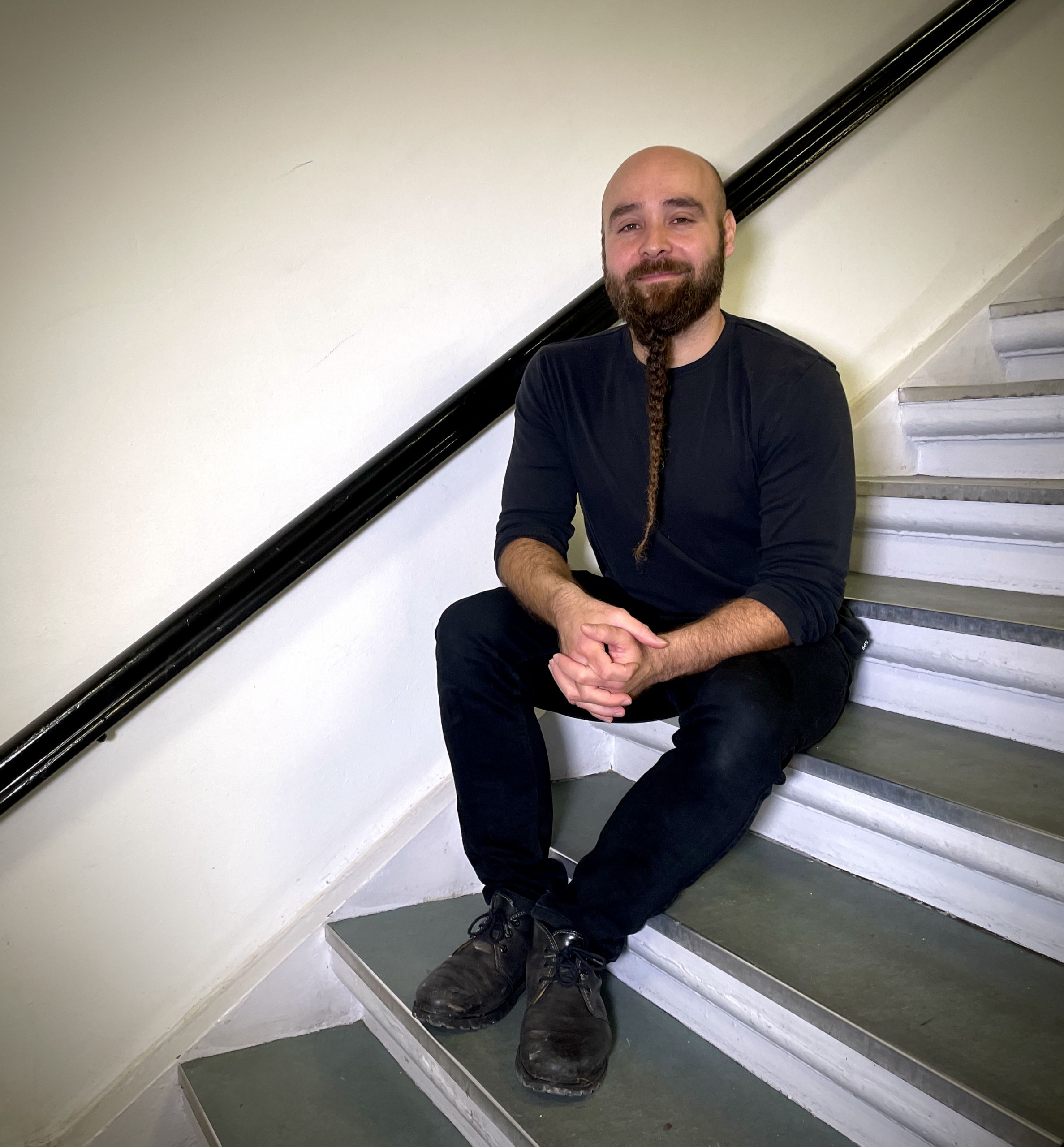
Postdoc Manuel Llorca researches energy poverty and how to avoid it. (Photo: Anne Thora Lykkegaard)
Rising energy demands combined with a low production of electricity from renewables have resulted in soaring energy prices and laid bare the consequences for people living in so-called energy poverty. CBS researcher Manuel Llorca wants to understand their problems and is equipping the EU Commission with tools for warding off a potential energy poverty crisis.
Right now, European countries are experiencing soaring energy prices for electricity, heat and gas, while mainstream media are reporting about European families who suddenly can only afford to heat up one room or floor of their apartments and houses.
“In the EU, more than 34 million households suffer from energy poverty. They are connected to the grid, but inefficient buildings and appliances, low incomes and high energy prices make it impossible for them to pay for heating, for example,” explains Manuel Llorca, Postdoc at the Copenhagen School of Energy Infrastructure (CSEI) at the Department of Economics at CBS, who considers himself an energy economist with a special focus on issues related to energy poverty.
In 2020, an estimated 8% or so of the EU population were unable to keep their homes adequately warm. These people live in so-called energy poverty, which the EU Commission describes as “a major challenge” while adding that lifting vulnerable citizens out of energy poverty “is an urgent task for the EU”.
We are in mid-November, so it is likely to be a tough winter
Manuel Llorca
Recently, Manuel Llorca and two other European researchers published a CSEI Policy Brief. A one-page briefing that describes how different EU member states tackle energy poverty and specifies what measures are actually working.
“It is evident that high-income egalitarian countries have had lower levels of energy poverty, historically. This includes countries such as Denmark,” he says and continues:
“And social benefits for vulnerable citizens who cannot afford to pay their energy bills are what seem to have a positive effect on bringing down energy poverty levels. Some would say it’s a waste of resources, but it is an efficient way of reducing energy poverty.”
Therefore, he argues that energy poverty must be considered a social policy issue, also in relation to the green transition under way in the EU member states.
“We are in a complex situation. Climate change is one of the most important challenges we are facing, but if the vulnerable are not protected during the transition, we certainly have a social issue. The transition should not only be green, but also just and fair,” he says.
A tipping point
The current explosion in energy prices is due to a combination of several factors, explains Manuel Llorca.
“The increasing energy demand from the EU’s population, combined with a lack of wind to produce renewable electricity, has resulted in an increase in imported energy. Gas and electricity prices, for example, have risen, and this situation has endured for a few months now,” he says and continues:
“We are in mid-November, so it is likely to be a tough winter.”

Manuel Llorca heard about the term energy poverty for the first time in 2012. Back then, he was doing his PhD, but after submitting it, he wanted to pursue the topic further. After reading testimonials and anecdotes from people living in what can be considered energy poverty, he slowly realized that estimating who lives in energy poverty is not entirely straightforward.
“Having read these stories, I realized how serious but also how complex the problem is. Being unable to pay for heating is one aspect. However, energy efficiency and the types of houses people have also play a role,” he says and continues:
“It is a topic that puzzles not only economists but also sociologists, engineers and architects among others.”
Coming from Spain, Manuel Llorca remembers the winter that hit Barcelona in 2016. For him, it was a tipping point.
“This was when the mainstream news started reporting on the issue. An old lady had died in her apartment because her electricity had been cut off due to missed payments and instead she had tried to light up her apartment with candles. But then a fire broke out,” he explains and continues:
“That made politicians start talking about this issue more openly.”
Understanding energy poverty
Manuel Llorca explains that the traditional definition of a household living in energy poverty is a household that spends more than 10% of their income on energy. But taking a closer look, it is not as simple as that, according to Manuel Llorca.
“Imagine a household where the family cannot afford to turn on the heating. Instead, they wear hats, scarfs and sweaters to keep warm. Naturally, this results in a low heating bill, and they would therefore not meet the 10% threshold or be considered as a household living in energy poverty, although they are,” he says.
Therefore, the measurement and estimates of the level of energy poverty must also take experiences and feelings into account.
“If we want to understand this issue thoroughly, we must ask people about their subjective opinions in order to properly identify energy poverty,” says Manuel Llorca.
Looking ahead, he is interested in following how the energy infrastructure plans develop in the EU, which plans at integrating different energy sectors to facilitate transporting energy across borders. He is also curious to see what new technologies will come into play.
“We have the whole sector revolving around Power-to-X, which can imply the use of hydrogen to ‘store’ electricity, and then you have the role of the ‘prosumers’,” he says, explaining that ‘prosumers’ is a contraction of ‘producers’ and ‘consumers’.
“More and more people are producing electricity themselves via solar panels, and they can inject excess electricity into the grid. In this way, you have a decentralized energy system rather than the centralized system based on large power plants we are used to. And this, again, adds to the complexity of the system and issues revolving around energy access and efficiency, and is why research in this area is so crucial,” he says.




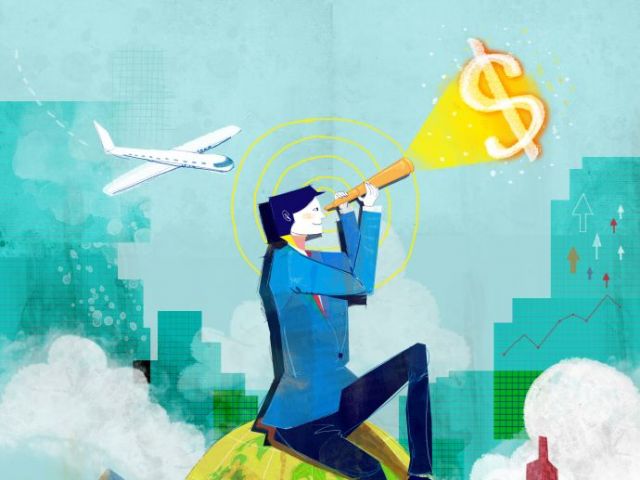
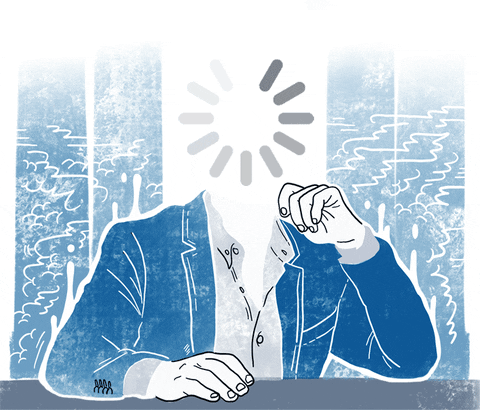
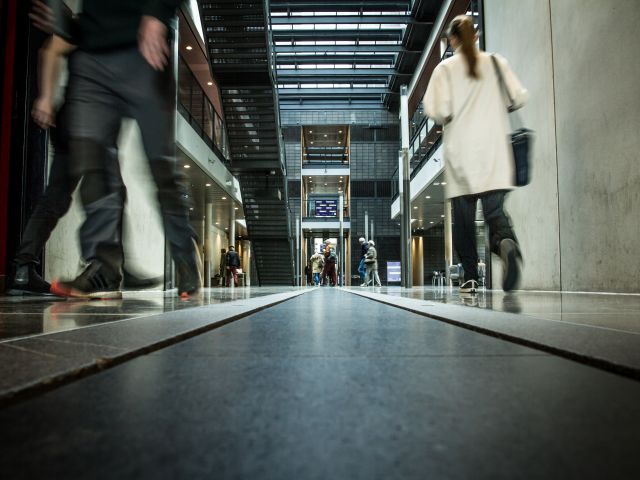
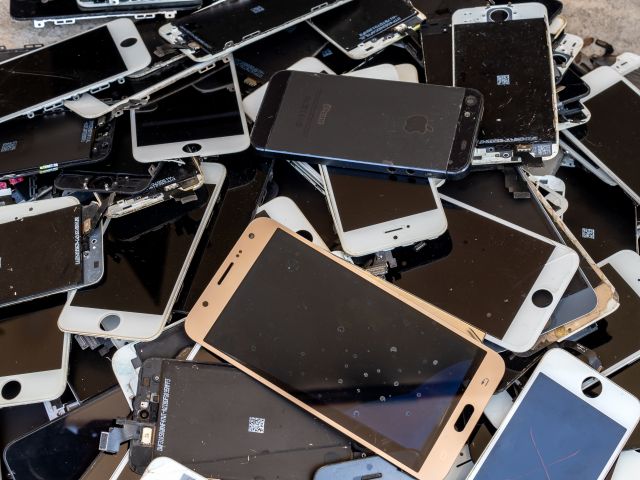
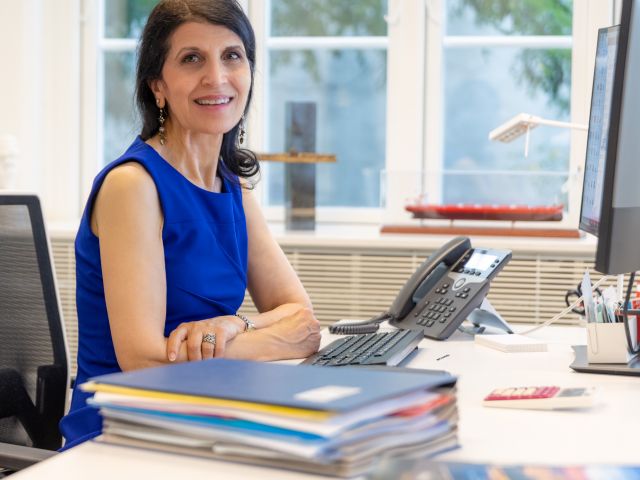




























































































































Comments